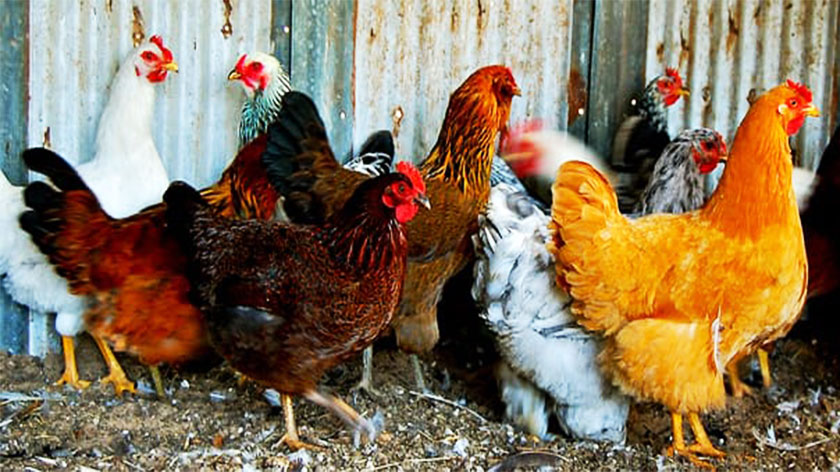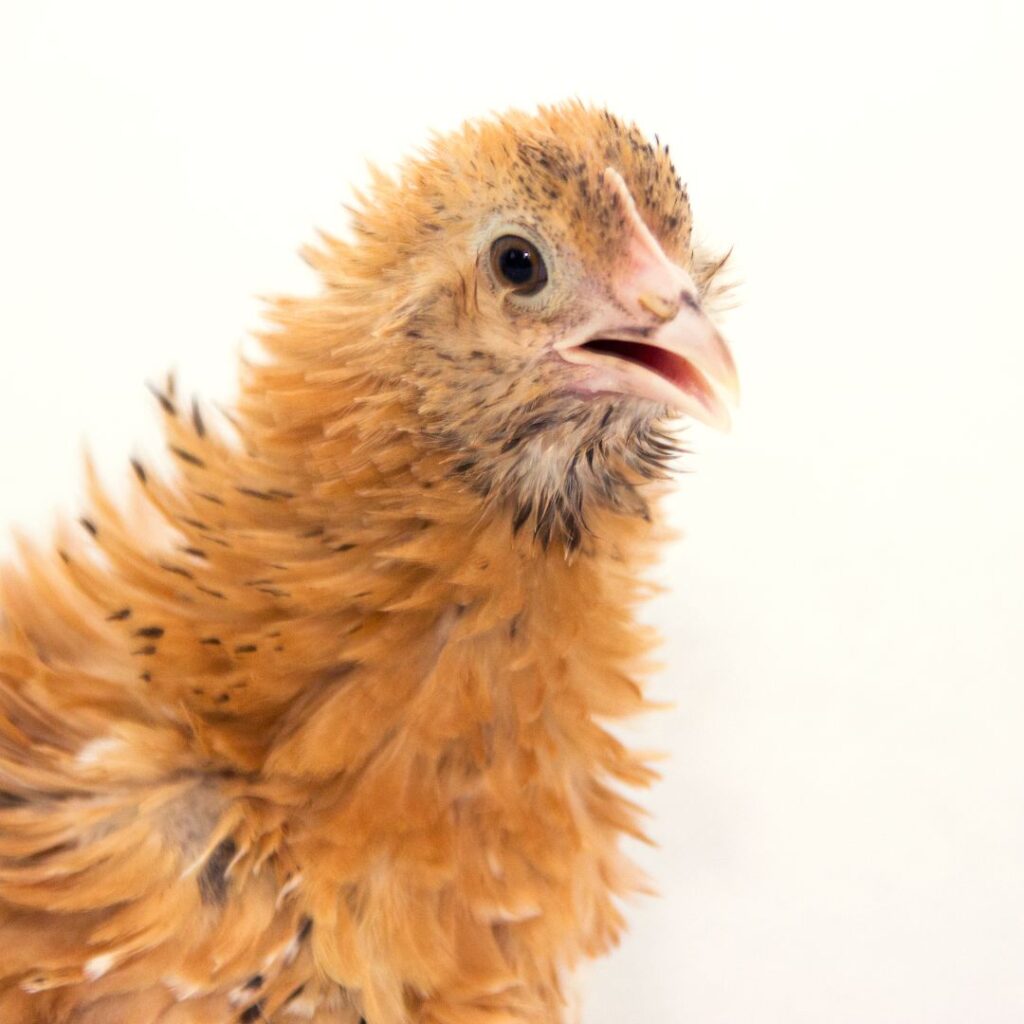Have you ever wondered what chicken breed lays pink eggs? It’s a charming question that attracts curiosity from poultry enthusiasts and beginners alike. To provide you with all the essential details, this article delves into specific breeds, their characteristics, and much more. This comprehensive guide is perfect for curious minds or those looking to start a colorful egg collection. Let’s dive into it!

Understanding Egg Colors
Before identifying the breeds that lay pink eggs, it’s crucial to understand how egg colors come about. Egg pigments primarily come from two sources: protoporphyrin and biliverdin. Brown eggs derive their color from protoporphyrin, while blue eggs get their hue from biliverdin. When these pigments combine in various ways and proportions, they create exquisite shades, including pink.

Factors Influencing Egg Color
Genetics
Genetics play the most substantial role in determining egg color. Different breeds have different genetic compositions, which directly influence the pigments present in the eggshell.
Diet
Diet also impacts the final hue of the egg. Chickens fed balanced and high-nutrient diets lay healthier and often more vividly colored eggs. Ensuring a well-rounded diet can sometimes intensify natural pigmentation.

Which Breeds Lay Pink Eggs?
Now, let’s delve into the chicken breeds known for laying those pretty pink eggs. Understanding their traits and features will help you appreciate the uniqueness of these breeds even more.
Light Sussex
The Light Sussex is a breed often associated with pink eggs. Known for their friendly nature and dual-purpose use (meat and eggs), these birds are a favorite among poultry keepers.
Barred Rock
The Barred Rock or Plymouth Rock is another breed that occasionally lays light pink eggs. They are hardy birds, good for those who live in colder climates.
Easter Eggers
Easter Eggers are hybrid chickens that come in various colors. Known for their colorful eggs, some Easter Eggers can indeed lay stunning pink eggs.
Salmon Faverolles
Salmon Faverolles are delightful birds, both in appearance and productivity. They are capable of laying pink eggs, adding a splash of color to your egg collection.

Caring for Pink-Egg Layers
Proper Housing
Ensure that the chicken coop is clean, secure, and spacious enough for the chickens to move around freely.
Nutrition
Balanced diets rich in calcium and protein are essential. Foods like layer pellets, fresh greens, and calcium supplements are great choices.
Health Monitoring
Regular check-ups with a vet and keeping an eye on common diseases can ensure that your pink-egg layers remain healthy and productive.
Myths and Facts About Pink Eggs
With pink eggs being a rare delight, it’s easy for myths to circulate. Here are some common myths and the truths behind them:
Myth: Pink Eggs Taste Different
Fact: The nutritional value and taste of an egg are not determined by its color. Pink eggs taste just as delightful as any other egg.
Myth: All Chickens Can Lay Pink Eggs
Fact: Only specific breeds can lay pink eggs. Genetics play a crucial role in determining egg color.
Why Pink Eggs Are Special?
Pink eggs are not just special because of their color but also due to the breeds that produce them. These breeds often have unique characteristics, making them a joy to raise.
FAQs
Q1: Do pink eggs have more nutrients than other eggs?
No, the nutrient content of an egg is more dependent on the hen’s diet than the color of the eggshell.
Q2: How can I encourage my hens to lay pink eggs?
If you have a breed that typically lays pink eggs, ensure they receive a balanced diet and proper care to support healthy egg production.
Q3: Are pink eggs a new phenomenon?
No, pink eggs have been around for quite some time, mainly due to the genetics of specific breeds.
For additional information on chicken care, check out this PetMD article.
As an Amazon Associate, I earn from qualifying purchases.








